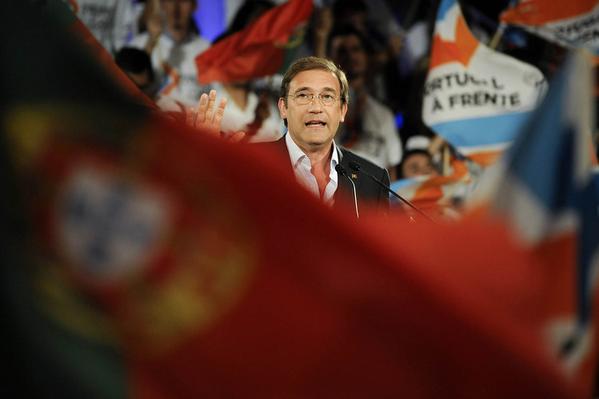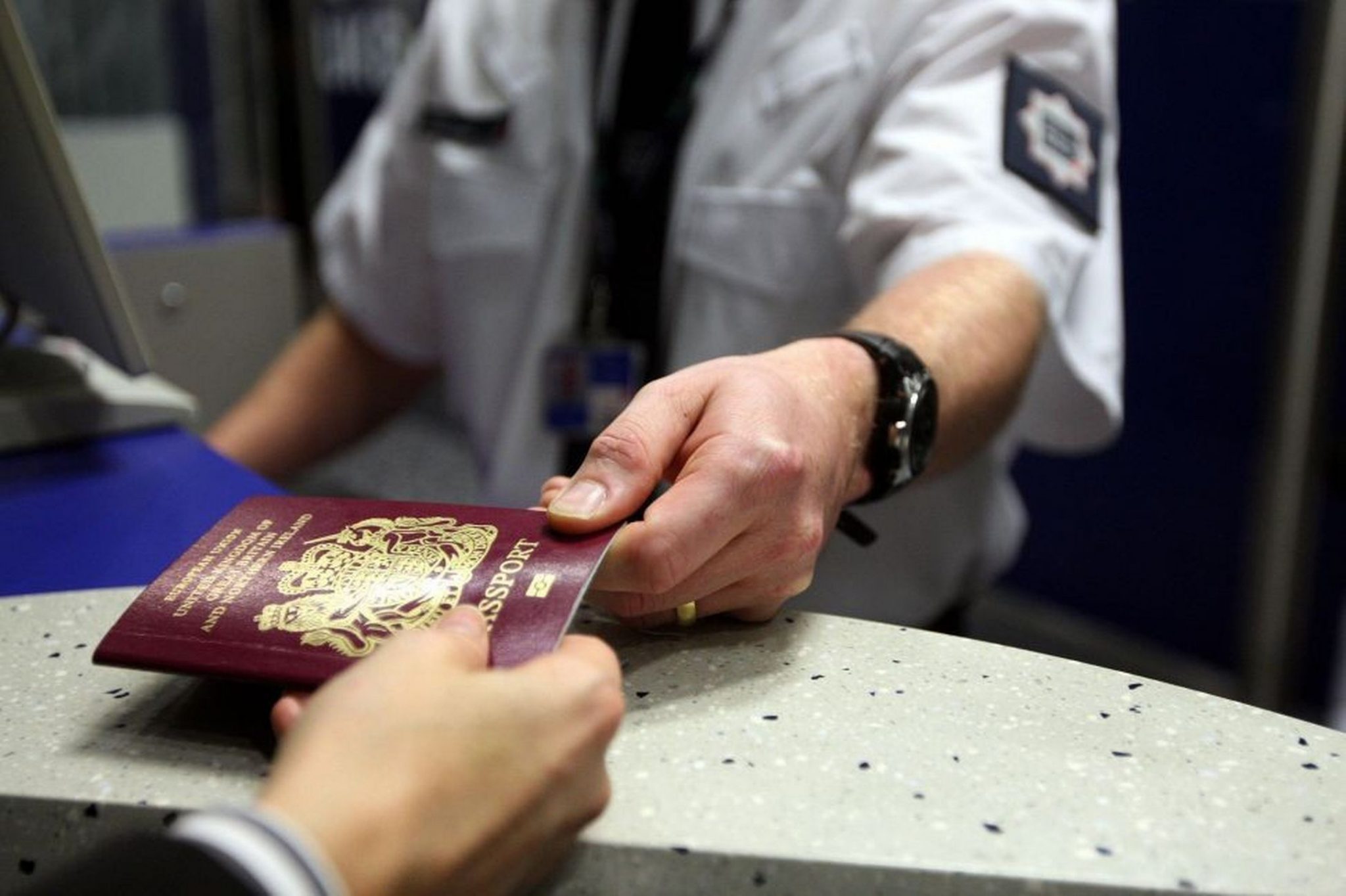
Portugal’s incumbent centre-right coalition led by Prime Minister Pedro Passos Coelho finished ahead in yesterday’s general election. Does this mean Portuguese voters have backed austerity? Open Europe’s Vincenzo Scarpetta gives his take on the election results.
Portuguese general election delivers hung parliament
For a change, the pollsters were right. Portugal’s incumbent centre-right coalition led by Prime Minister Pedro Passos Coelho did indeed finish ahead in yesterday’s general election, but failed to secure an outright majority in parliament. The coalition won 104 of 230 seats, while the Socialist Party of António Costa obtained 85.
The Left Bloc more than doubled its score compared to 2011, securing 19 seats and establishing itself as the third-largest force in the Portuguese parliament. The CDU, the alliance comprising the Communist Party and the Greens, won 17 seats. The tiny Party for Animals and Nature (PAN) celebrated the election of their first-ever MP.
Portuguese President Aníbal Cavaco Silva will soon start consulting political leaders before designating the new Prime Minister.As I wrote last week, his task is not going to be easy.
Centre-right minority government most likely scenario – but will it last?
After conceding defeat yesterday night, Socialist leader Costa told supporters that he would not be part of “a negative majority, which is merely intent on creating obstacles without guaranteeing a credible alternative to govern.” Decrypted: a coalition between the Socialists and the more radical left-wing parties is not viable (here I explained why). Therefore, Costa will likely not oppose the formation of a centre-right minority government.
Whether such a set-up is sustainable in the longer term is anybody’s guess. Frankly, I doubt it. Costa has no incentive to prop up Passos Coelho for four years. He would be seen by Socialist voters as backing ‘more of the same’ in terms of budget cuts and structural reforms. On the other hand, though, forcing snap elections too early on would be unlikely to deliver a substantially different outcome. Therefore, from Costa’s point of view, the best option at this stage is probably to agree to a centre-right minority government and then try to bring it down at some point next year – perhaps using the 2017 budget as casus belli.
In other words, Portugal could be facing a period of relative political instability over the coming 12-18 months – potentially leading to a slowing down of its economic recovery.
Portuguese voters backed austerity? Think again
One final point is worth making. I have read countless news stories claiming that Passos Coelho’s victory means that ‘Portuguese voters backed austerity’. Having looked at the results, I beg to disagree. The reality is that over 50% of votes went to parties that, more or less forcefully, had campaigned against austerity. Over 43% of Portuguese could not even be bothered to vote – the lowest turnout in a general election since Portugal returned to democracy.
Passos Coelho looks set to take full advantage of the disunity within the anti-austerity camp – with the Socialist Party clearly not prepared to back euro exit or scrap the EU’s fiscal treaty on budgetary discipline, as the parties on the far left of the political spectrum are proposing. This should, however, not be mistaken with the majority of Portuguese voters being in favour of more austerity.
Spending cuts and further structural reforms will remain a hard sell in Portugal – and elsewhere in the Eurozone periphery.
- This article was originally published on Open Europe



